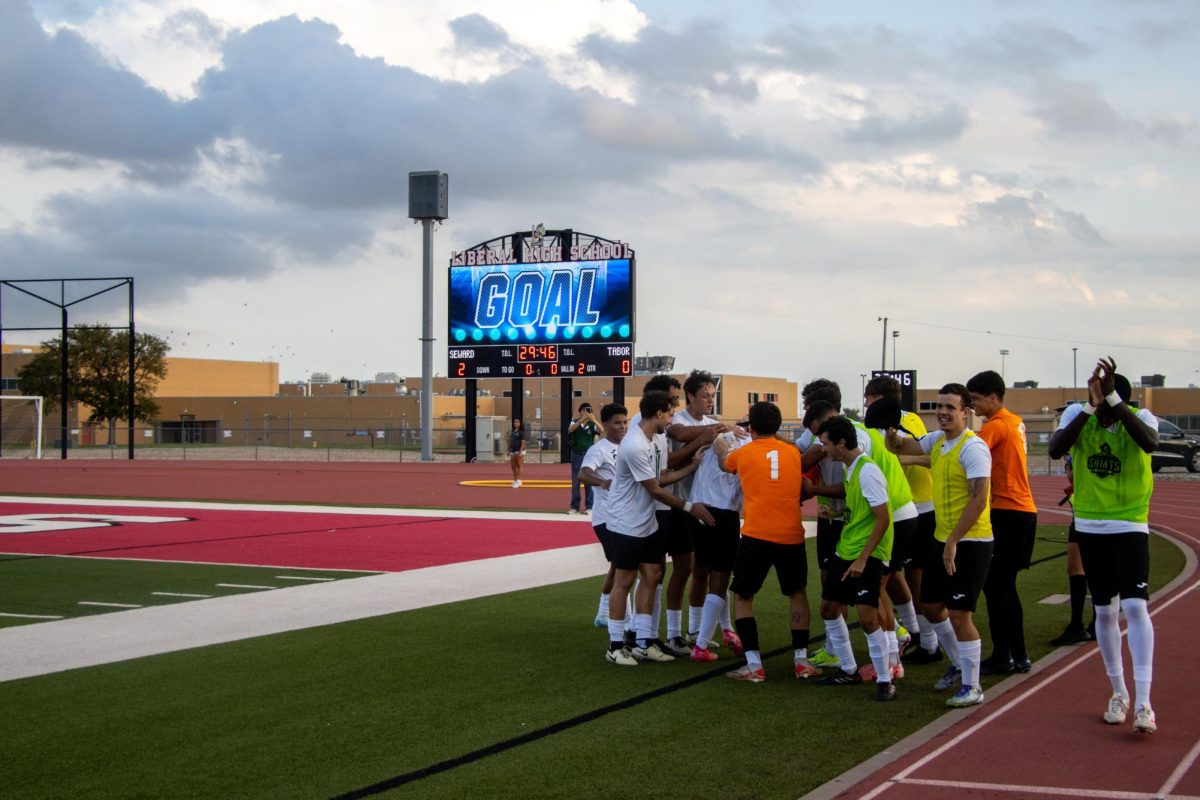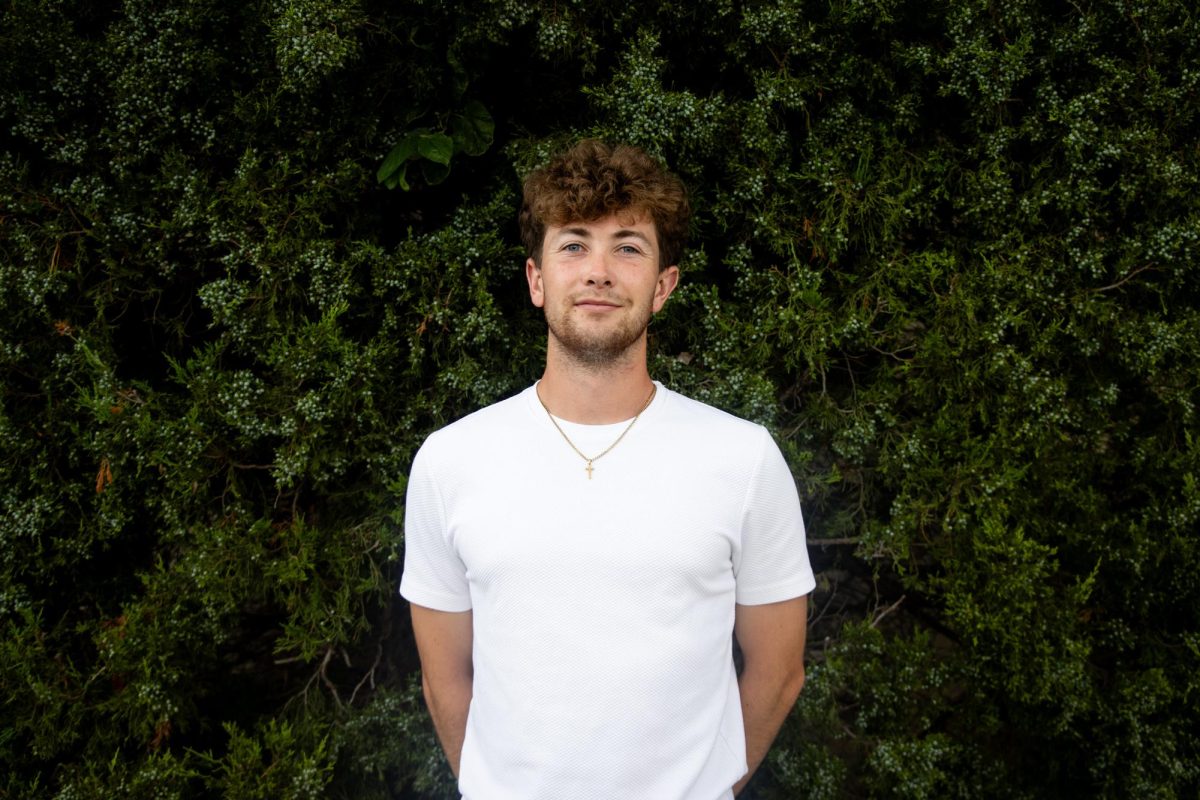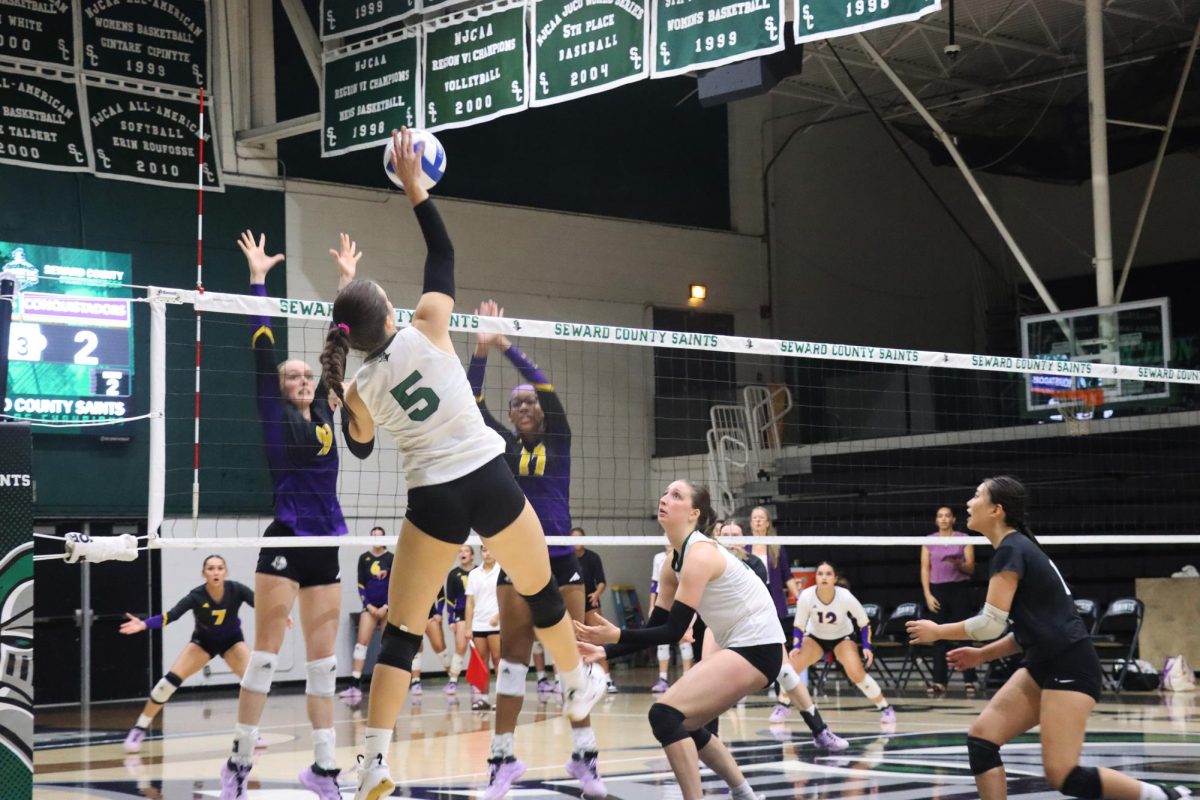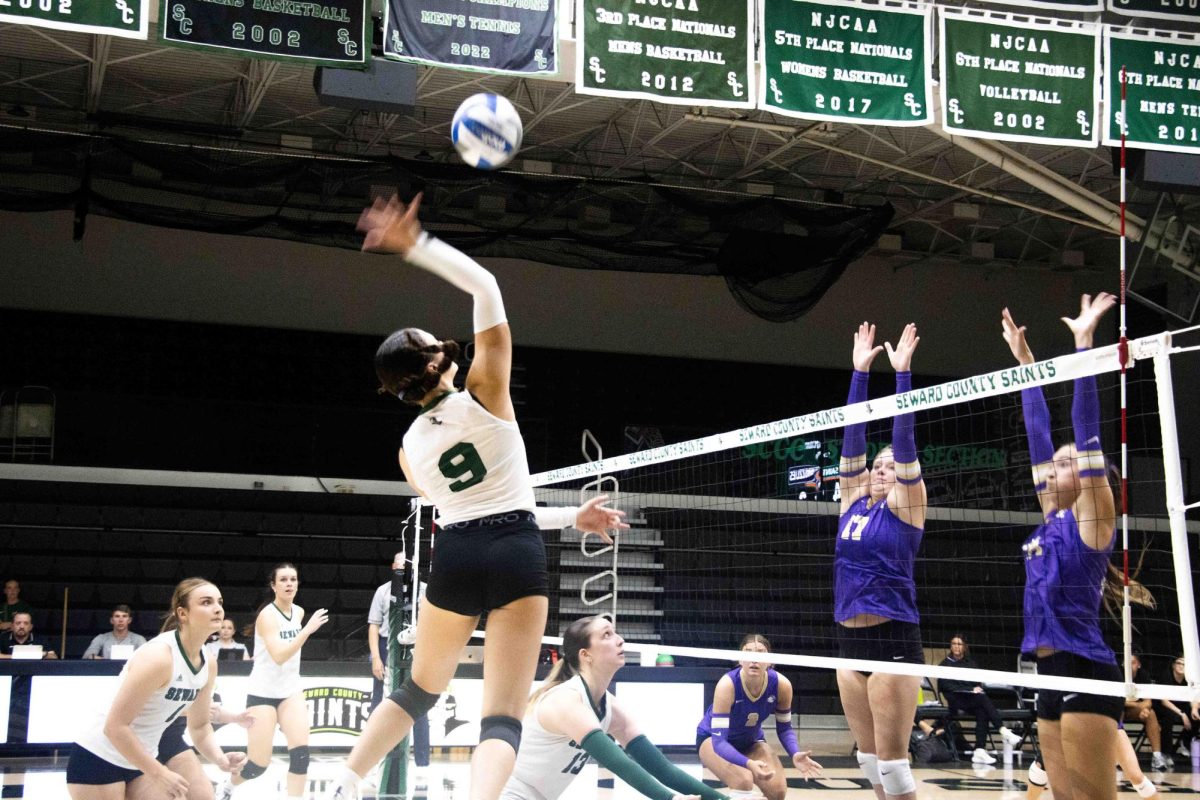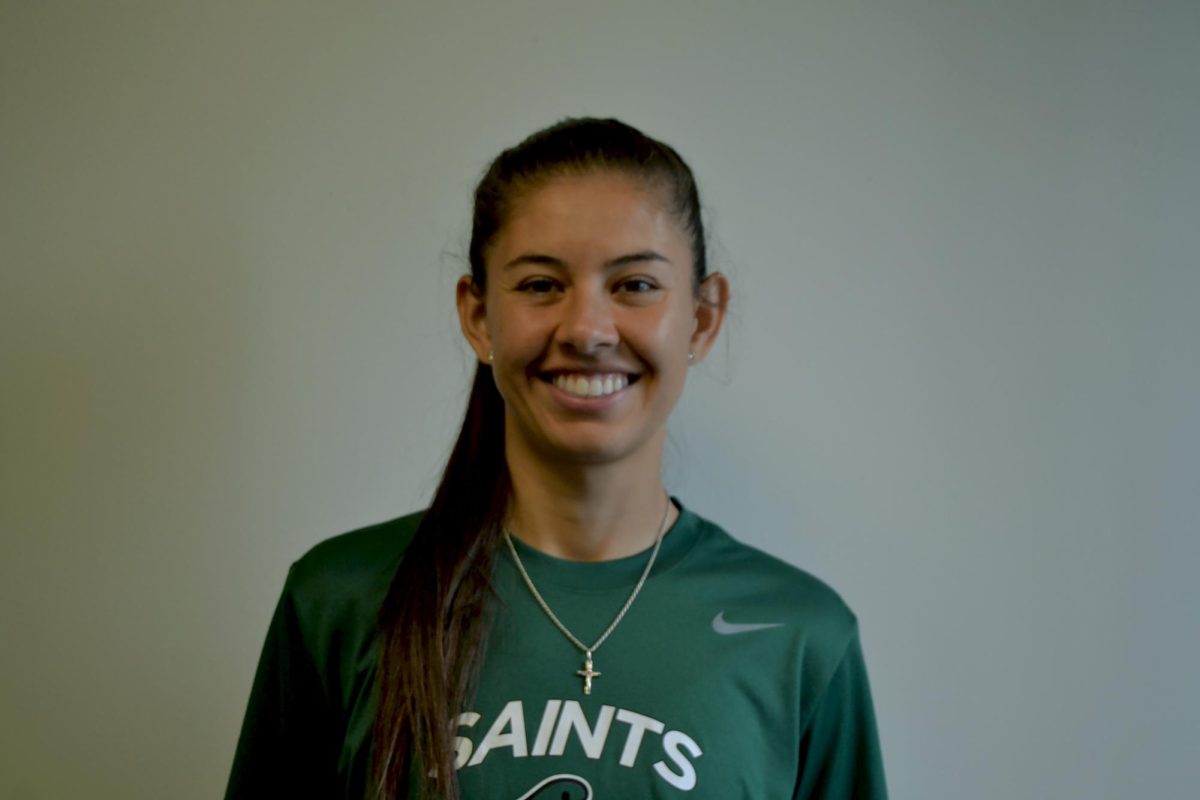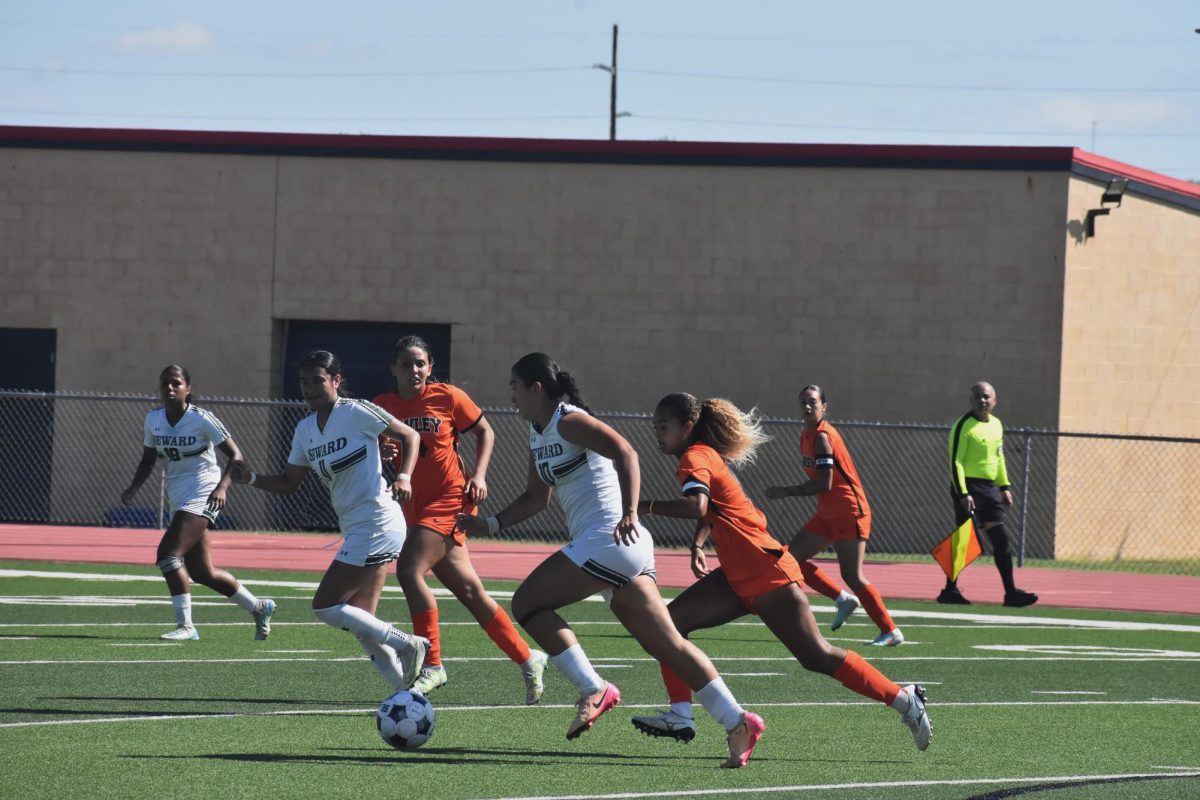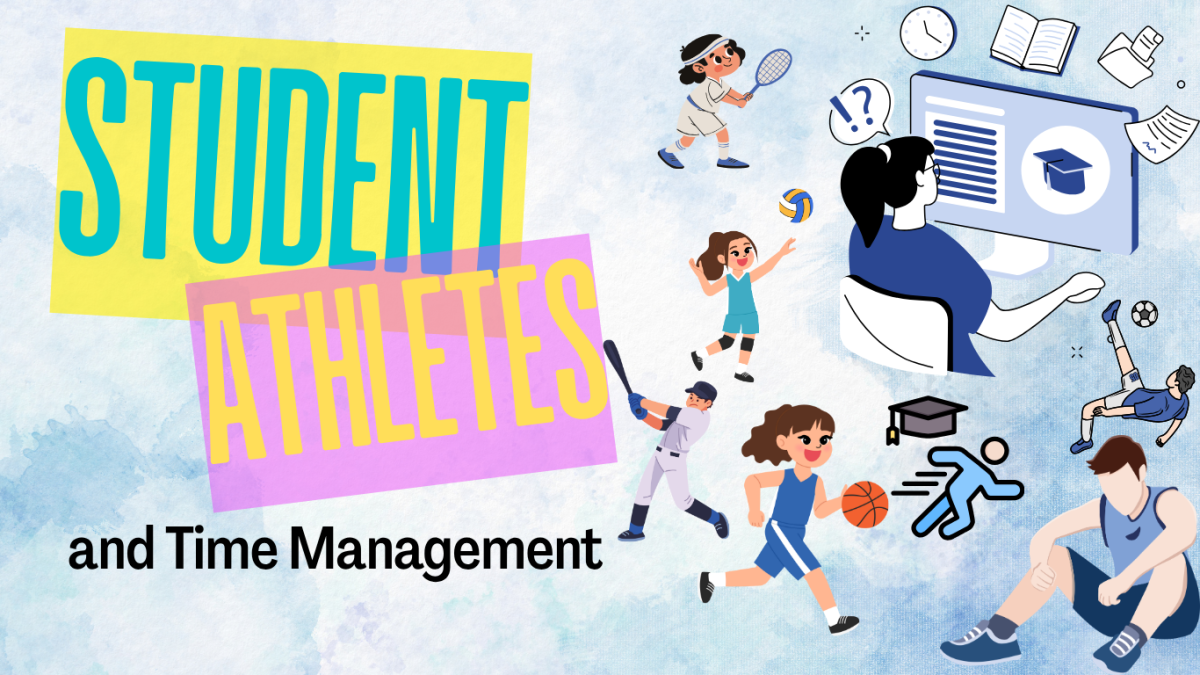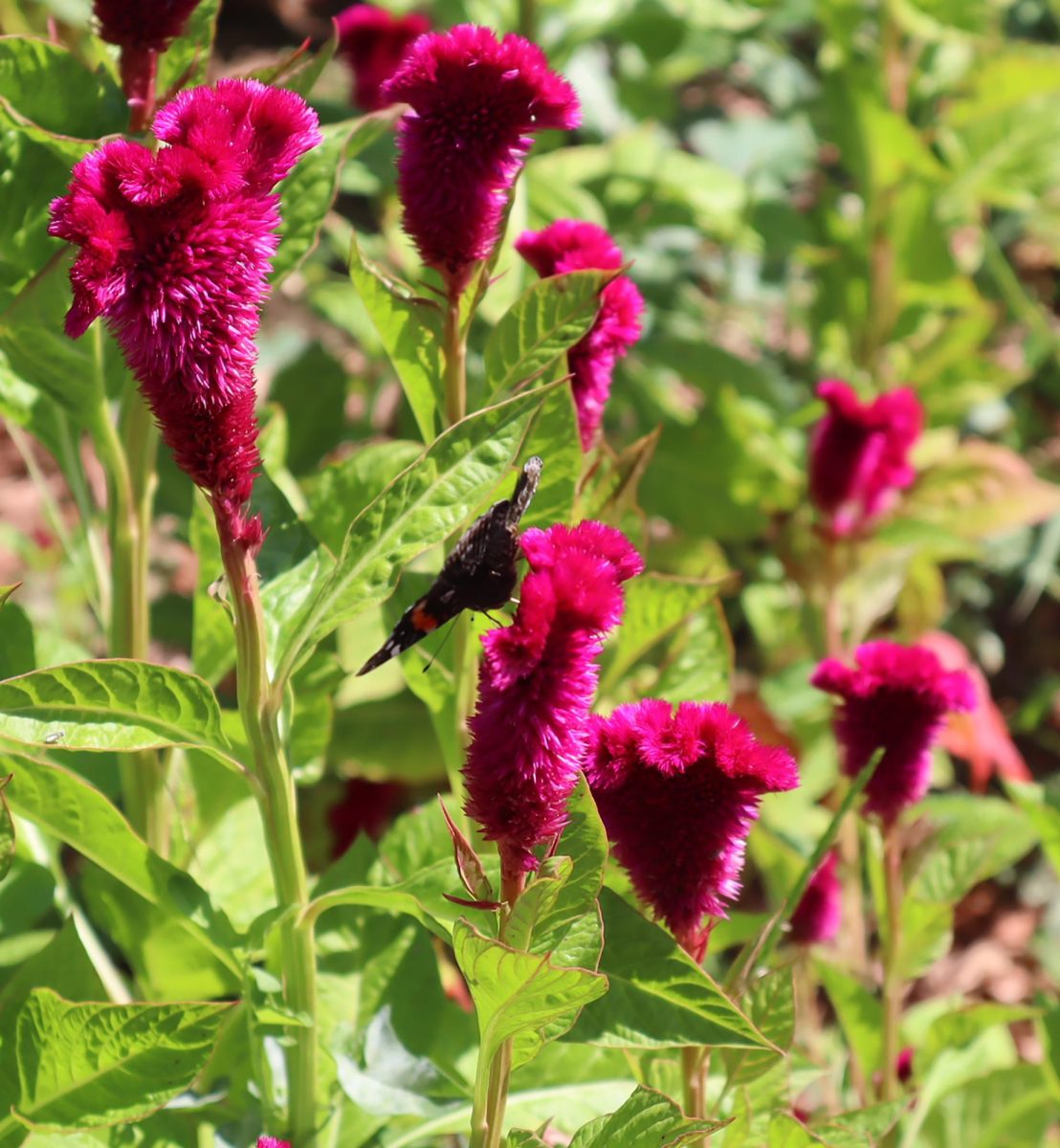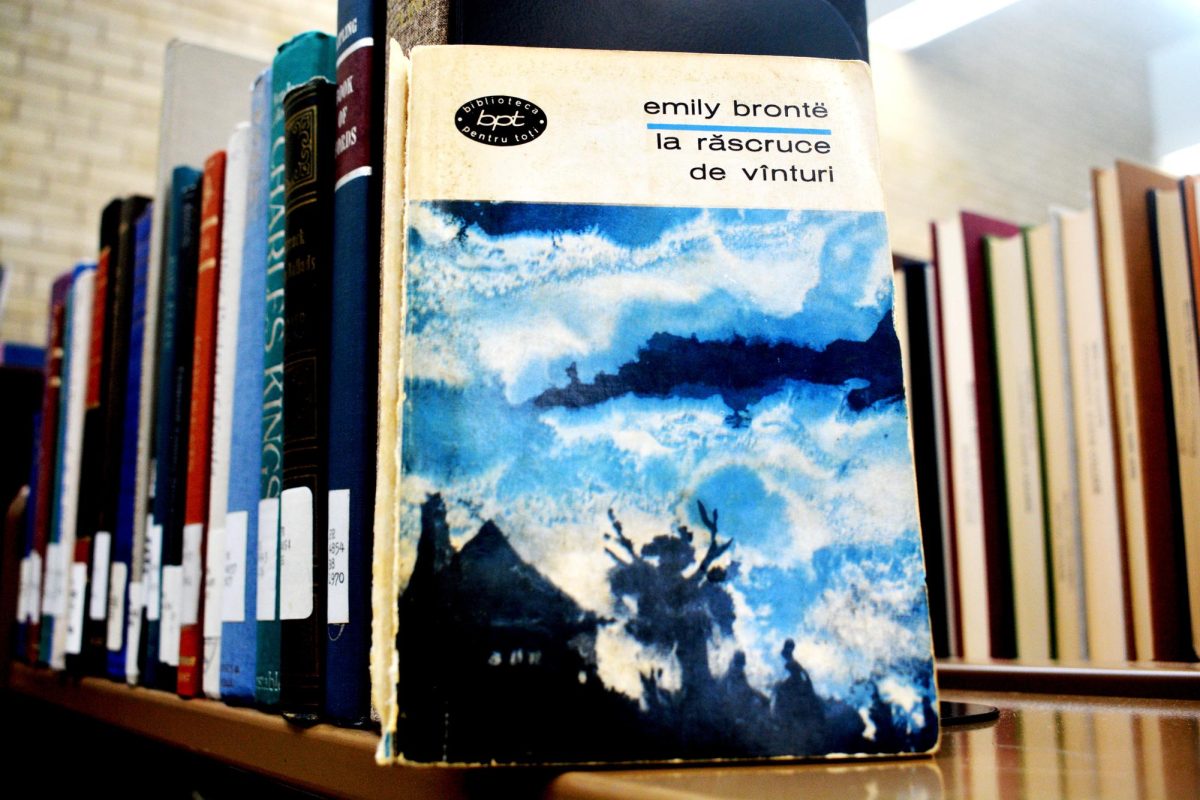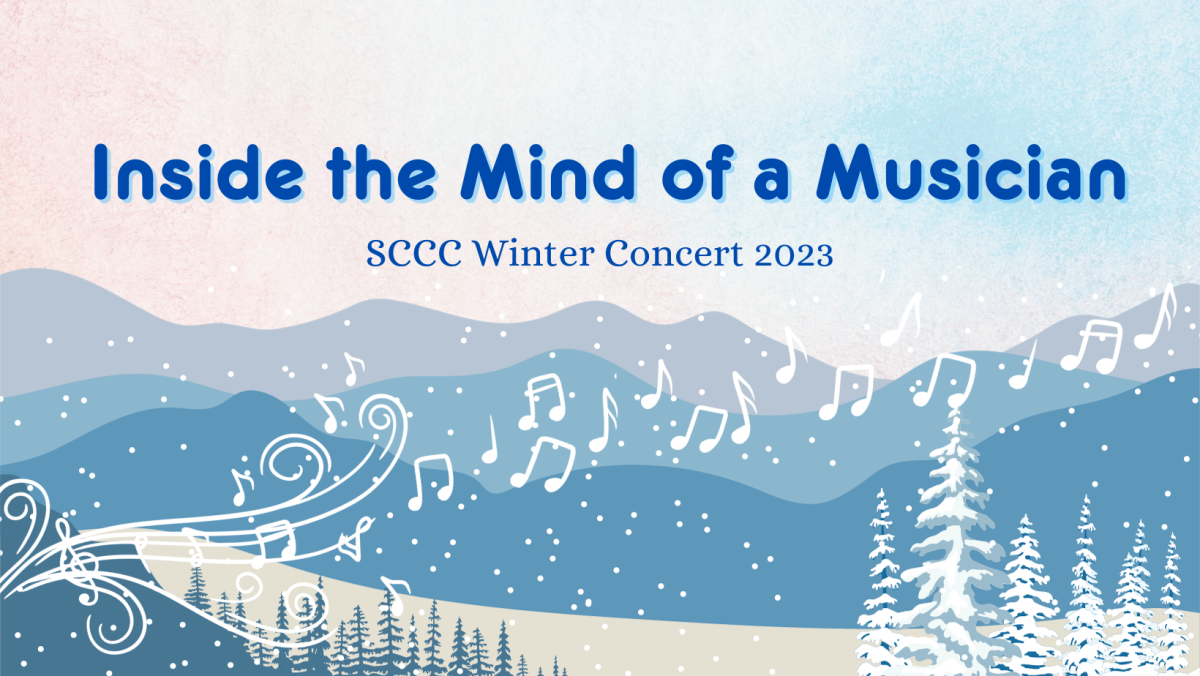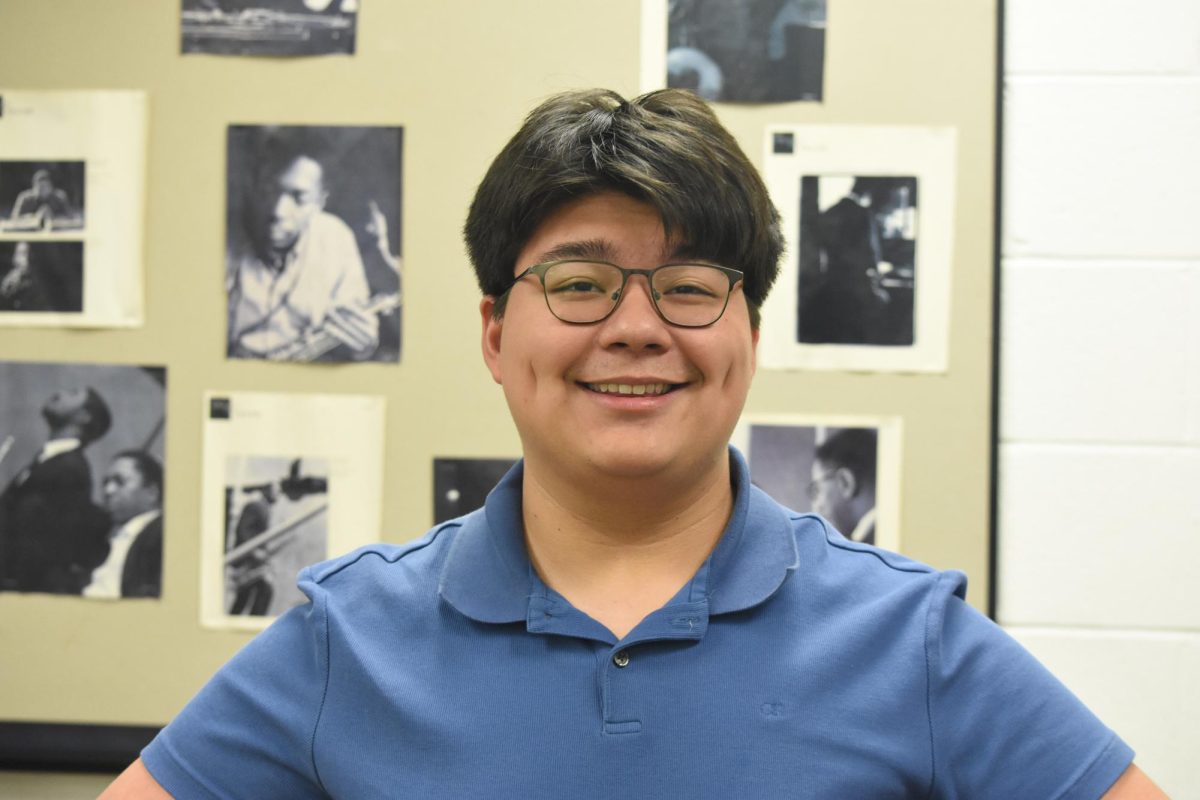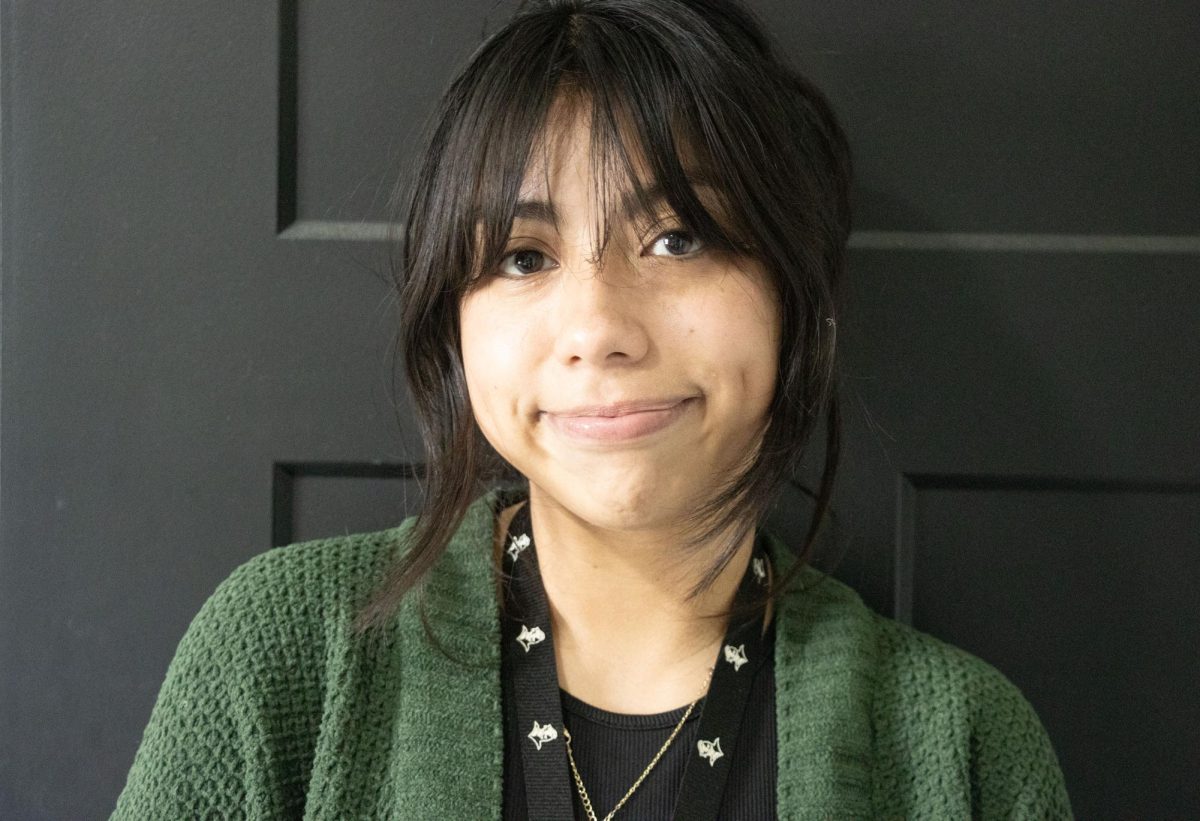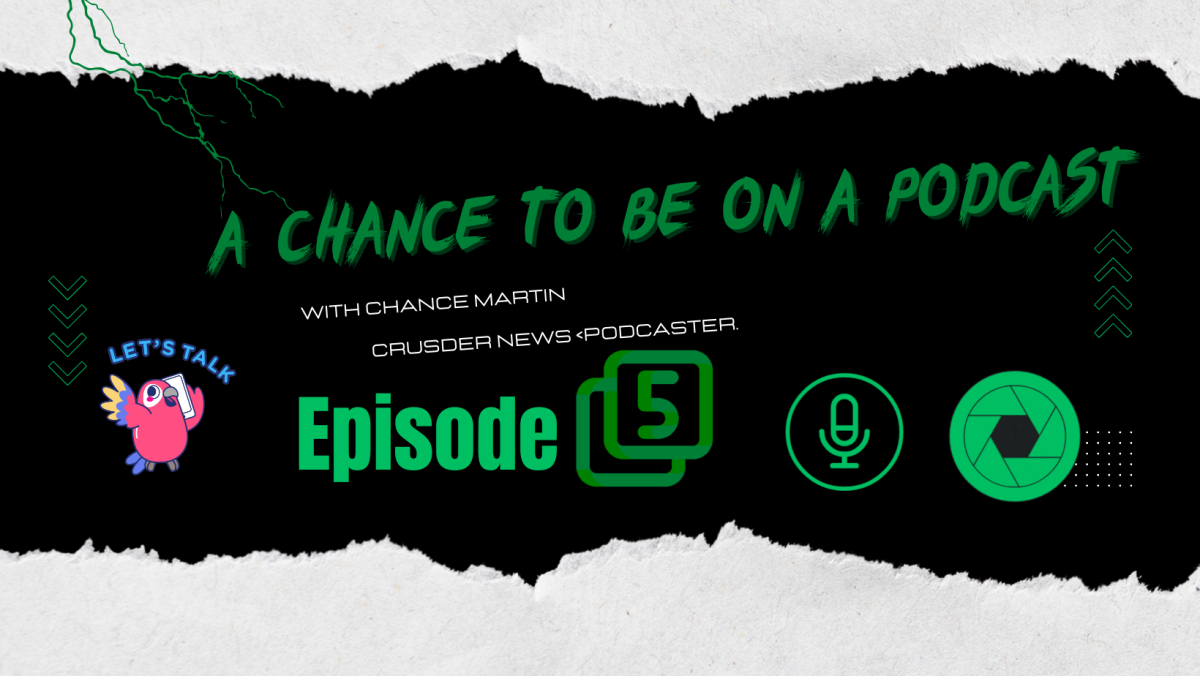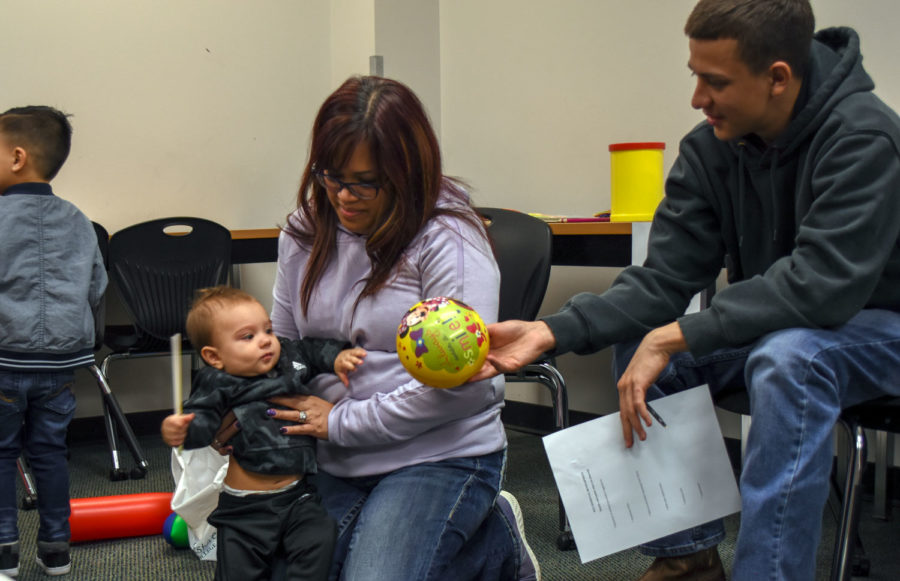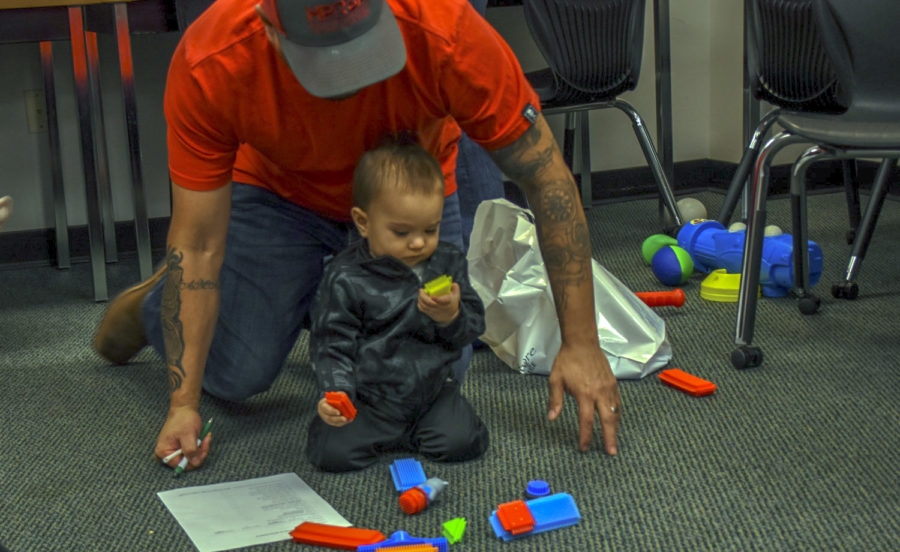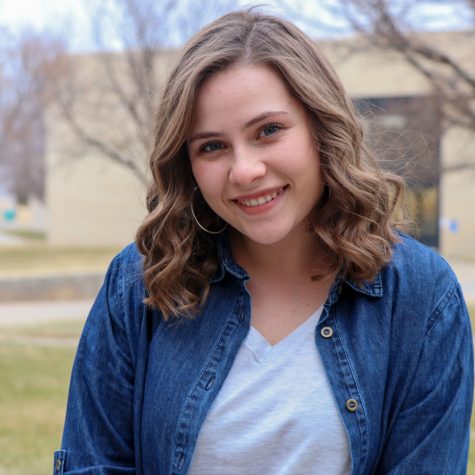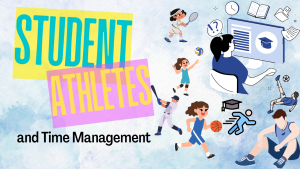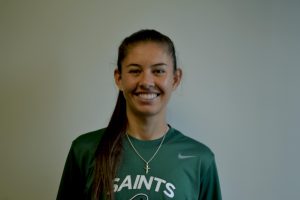Children teach college students a lesson
Curiosity in an infant is one indication of healthy mental development.
November 15, 2019
Behavioral science professor Katy Redd provides an opportunity every year for her developmental psychology students to apply the knowledge they learned during her course, to the outside world. She asks her non traditional students, who are in the class, to bring their children for the activity.
On Nov. 6 and 7, students did just that and analyzed the developmental stages by interacting with children ranging from newborn babies to five years of age.
“The purpose of this observation is to see if we learned the concepts of the class and if we can figure out their cognitive skills,” social work major Wendy Sanchez said. Sanchez says they try to observe the physical, cognitive, and psychosocial development of the children.
“The students can take this information and apply it in their future parenting or in their career,” Redd said.
Freshman education major Lytzy Barron found the observation helpful for her future career.
“I’m going into education and I saw how each child is different and how I need to apply that in the classroom as well,” Barron said.
After the early childhood stages, Redd says her students will learn about the development in their age group.
Redd adds how she emphasizes the attachment theory. Students identify what attachment style the kids are to be more likely to have with others.
By having knowledge of healthy developmental skills, students know how to make sure their children and themselves are on track physically and mentally.
Below are the stages of early childhood development.
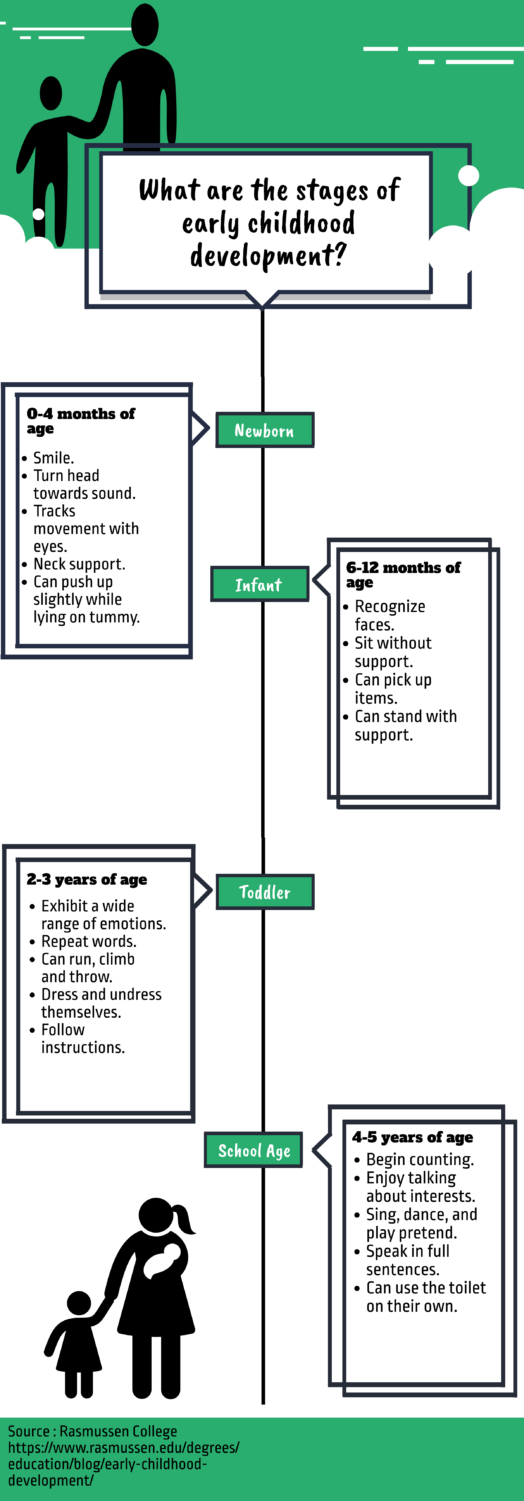


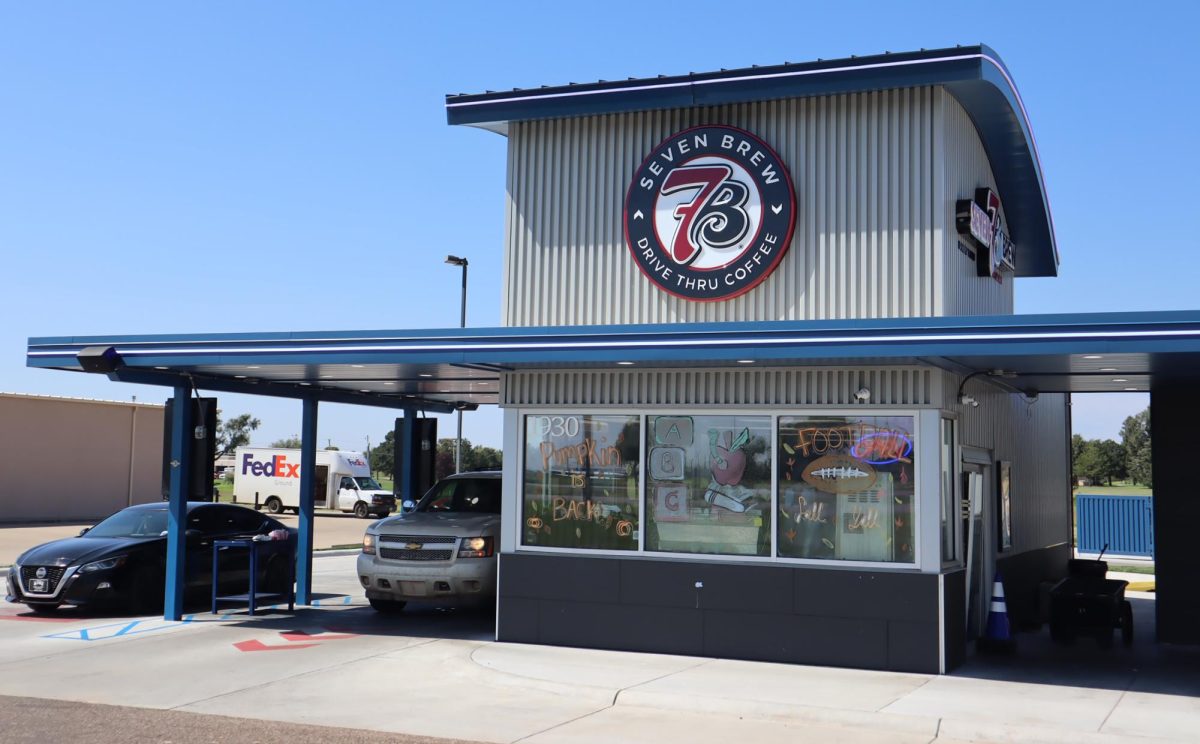
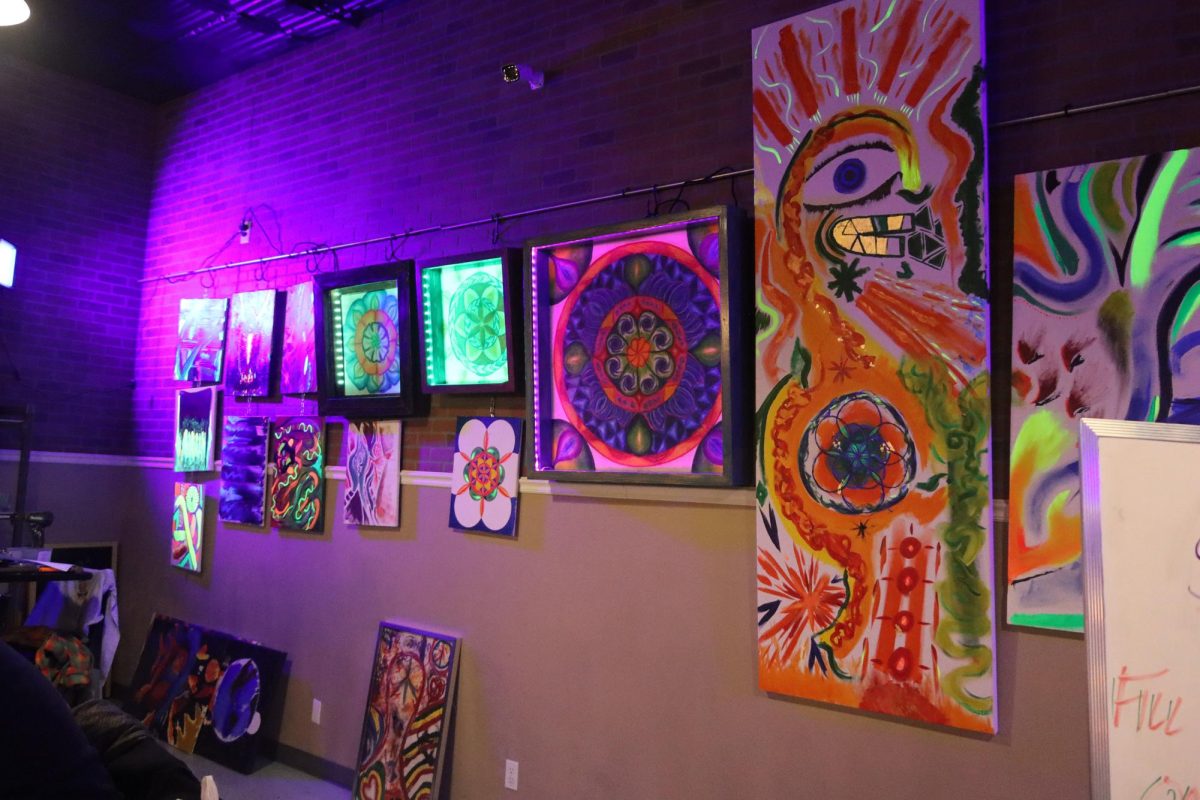

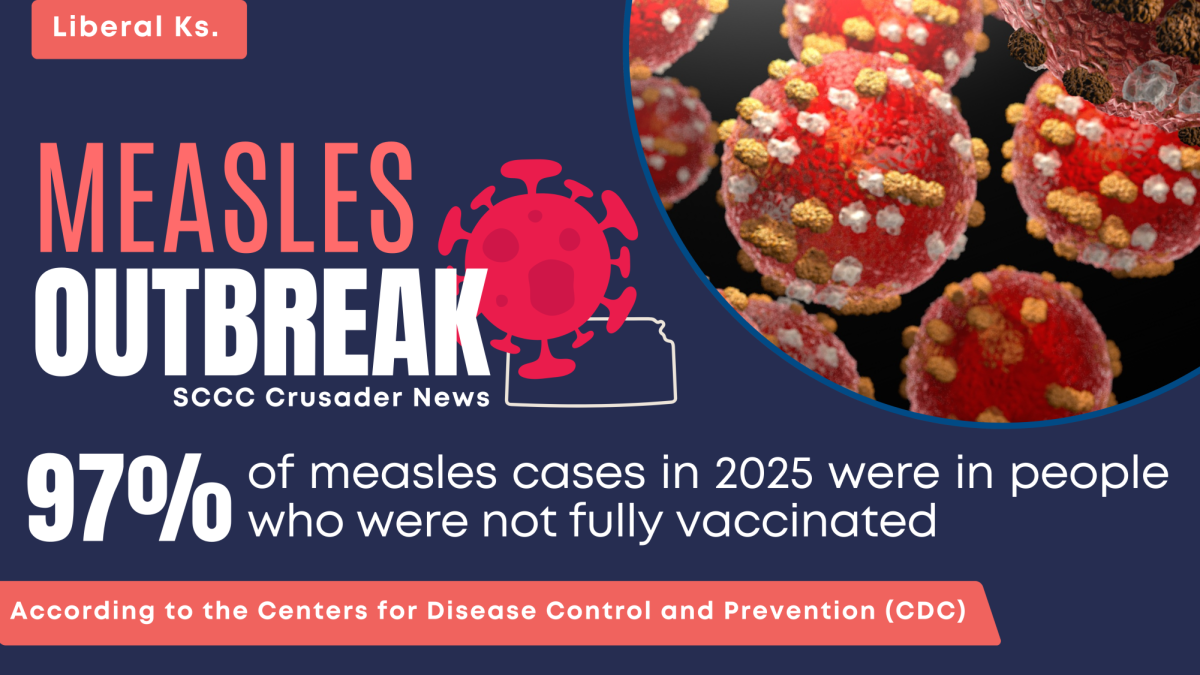








![The sophomores were recognized on the field instead of walking across the stage during their doubleheader. They received their diplomas and a picture of themselves playing during their career at Seward. [Pictured left to right are Dylan Day, Reed Thomas, Jase Schneider, Mason Martinez, Gannon Hardin, Brody Boisvert, and Zach Walker]](https://crusadernews.com/wp-content/uploads/2022/05/WEBDSC_0275-900x454.jpg)





